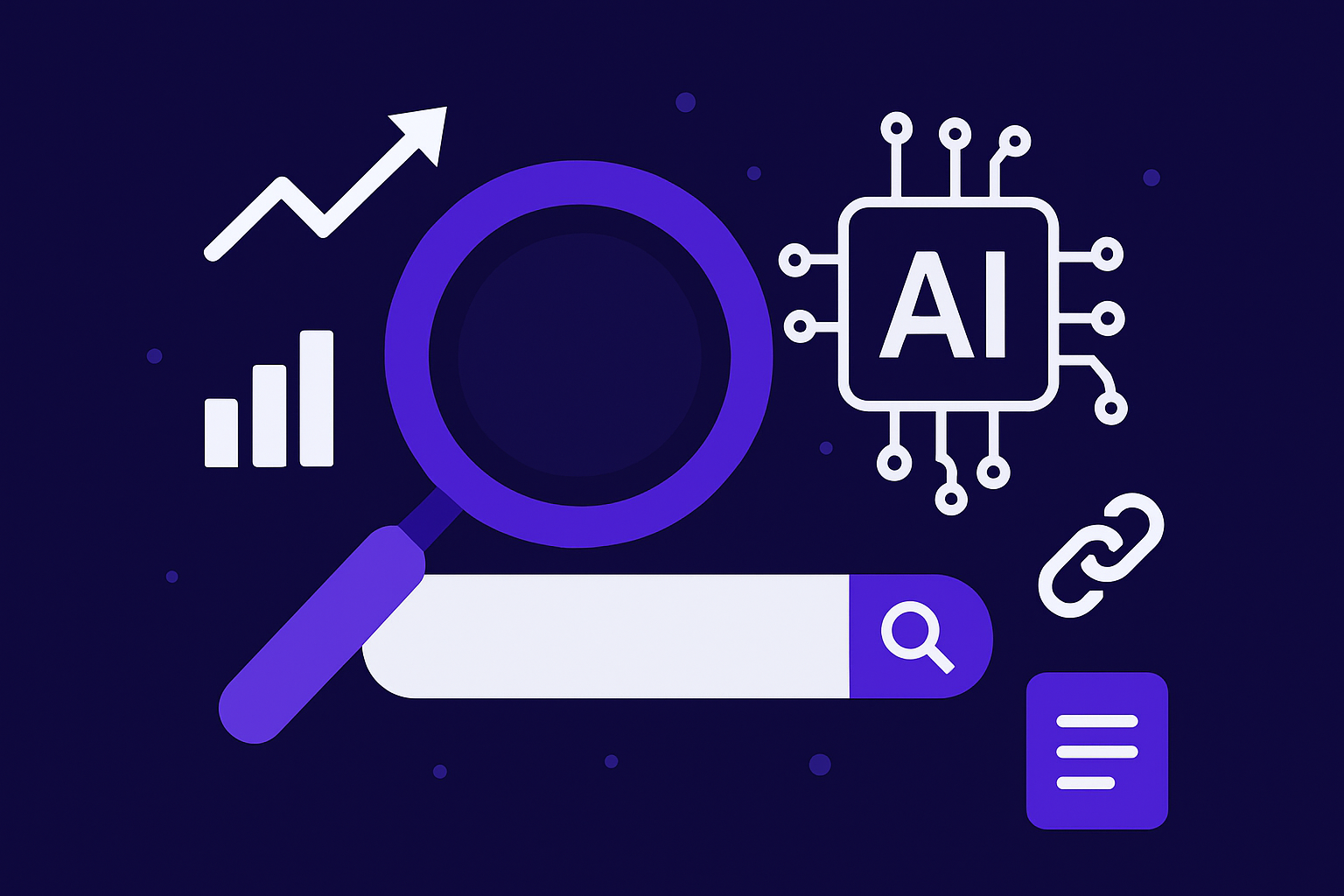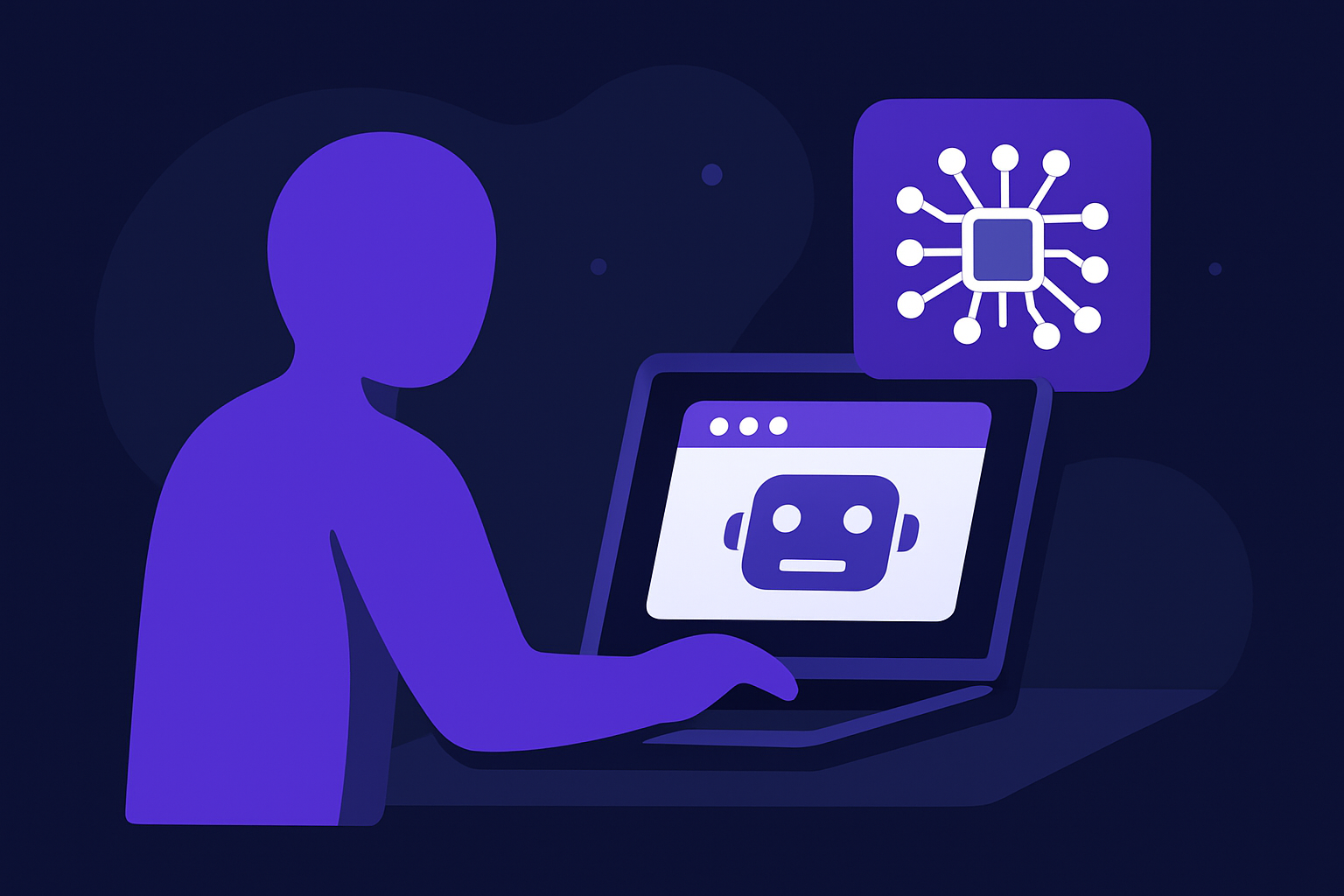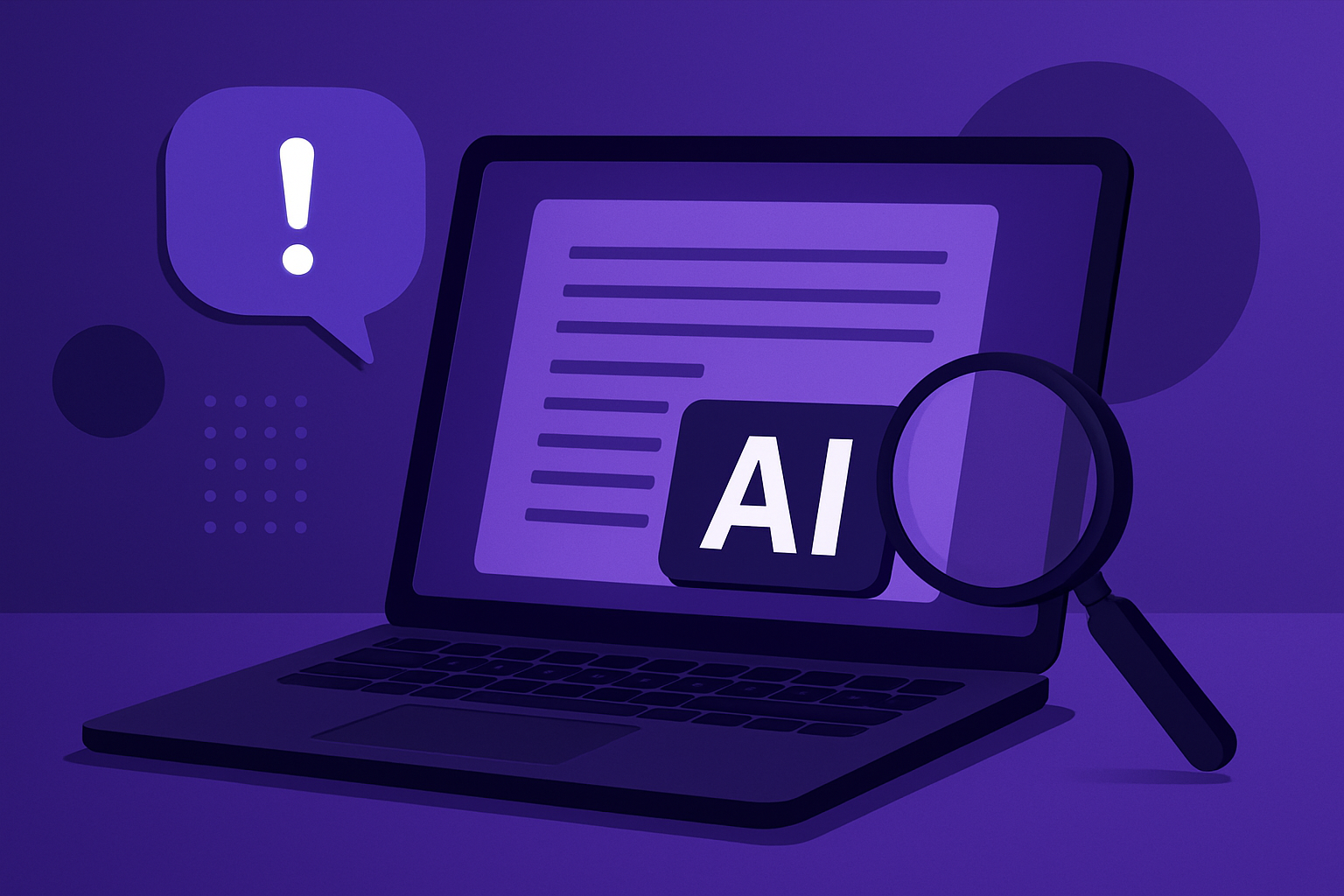In the digital age, content production has become more crucial than ever for businesses and individuals alike. As the demand for quality content grows, so does the need for innovative solutions to streamline content creation processes. Artificial Intelligence (AI) has emerged as a game-changer in this domain, offering numerous ways to enhance productivity and efficiency.
Companies and content creators are constantly seeking ways to produce more content at a faster pace without compromising on quality. AI offers a promising avenue to achieve this balance, enabling creators to focus on the core aspects of their work while automating repetitive and time-consuming tasks. This article explores how AI is transforming content productivity, its benefits, challenges, and future implications.
Understanding the Role of AI in Content Creation
Artificial Intelligence has revolutionized many industries, and content creation is no exception. By leveraging machine learning algorithms, AI can assist in generating ideas, structuring content, and even writing entire pieces. With tools like GPT-3, writers can now automate research and drafting, allowing for quicker turnaround times on projects.
AI's ability to process large volumes of data in seconds means it can gather information from various sources, providing writers with comprehensive insights and suggestions. This capability enhances a creator's ability to produce well-informed content that resonates with their target audience.
Moreover, AI can tailor content to meet specific needs such as SEO optimization, audience targeting, and language style adjustments. This adaptability makes AI an indispensable tool for maximizing content reach and effectiveness.
Improving Efficiency Through Automation
One of the key advantages of incorporating AI into content workflows is automation. Routine tasks like editing, proofreading, and formatting can be automated, saving creators significant time and effort. This allows writers and editors to focus more on crafting compelling narratives and less on mechanical tasks.
Automation also minimizes human error, ensuring that content is accurate and consistent across different platforms. For instance, AI-driven grammar checkers can spot and correct mistakes that might be overlooked by human eyes, enhancing the overall quality of the content.
Furthermore, automated systems can schedule and publish content at optimal times, increasing visibility and engagement. This level of efficiency is paramount in today’s fast-paced digital environment where timing can make a substantial difference in content performance.
Enhancing Creativity with AI Support
Contrary to the fear that AI might stifle creativity, it actually serves as a powerful ally for human creators. AI can generate creative prompts, explore diverse styles, and offer alternative perspectives that stimulate original thinking. This collaborative approach between AI and humans can lead to breakthroughs in content creation.
Tools powered by AI can help writers overcome writer’s block by suggesting topics and opening lines or offering new angles on familiar themes. This not only boosts creativity but also increases productivity by accelerating the brainstorming process.
AI also fosters innovation by providing analytics on audience engagement, helping creators understand what resonates with their viewers. These insights can guide future projects, resulting in content that is both innovative and audience-centric.
Challenges and Considerations in AI Adoption
While AI offers tremendous potential, adopting it in content creation comes with its own set of challenges. One primary concern is the quality and authenticity of AI-generated content. Ensuring that AI outputs meet the standards of originality and depth that audiences expect is imperative.
There is also a learning curve associated with using AI tools effectively. Content creators need to familiarize themselves with these technologies to harness their full potential. Training and resources are essential to bridge this gap and empower creators to adapt to AI-enhanced processes.
Ethical considerations around AI usage, such as data privacy and algorithmic bias, must be addressed. Transparent practices and ongoing evaluation of AI systems can help mitigate these issues, ensuring ethical and responsible use of technology in content production.
The Future of AI in Content Productivity
The integration of AI in content productivity is still in its early stages, but its future looks promising. Continuous advancements in AI technology are expected to further transform content creation methodologies, making processes smarter and more intuitive.
AI is anticipated to increasingly handle more complex compositions, collaborate more effectively with human creators, and deliver personalized content experiences based on user preferences. This evolution stands to benefit the industry by meeting the growing demands for diverse and engaging content.
As AI continues to evolve, its role in content creation will likely expand, offering unprecedented opportunities for efficiency and creativity. Embracing this technology is essential for those looking to thrive in the digital content landscape of tomorrow.
In conclusion, AI presents numerous advantages for enhancing content productivity, streamlining processes, and fostering creativity. Its ability to automate mundane tasks allows creators to concentrate on strategic aspects of content production, leading to higher quality outputs.
By understanding and addressing the associated challenges, content creators can leverage AI to produce innovative and compelling content that captivates audiences. The future of content creation is inevitably intertwined with AI, promising transformative changes that will redefine how we create and consume information.













